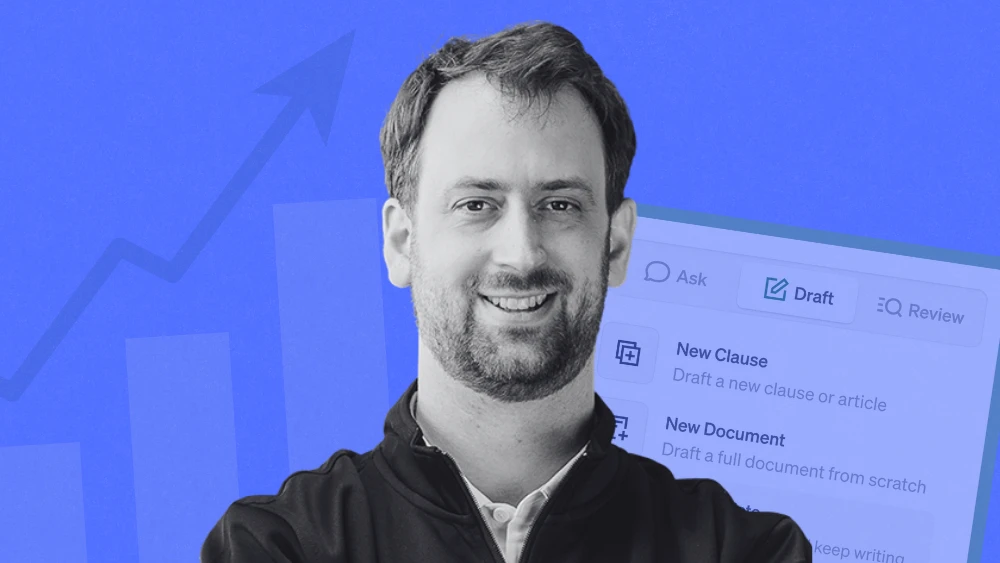
After raising $50 million at a $350 million valuation, legal AI company Spellbook is pushing beyond contract review and into market-data-driven transactional tools.
The company is backing "grounding" over fine-tuning, arguing its workflow and data layers will give it an edge over both general purpose and rival legal AI tools.
Spellbook has become one of the key players in legal AI over the past two years, thanks largely to its Microsoft Word add-in for contract review.
Now the Canada-based startup is preparing for its next phase after raising a $50 million Series B round, valuing the company at $350 million.
In a conversation with Non-Billable, co-founder and CEO Scott Stevenson set out how the company plans to move beyond contract review into broader transactional work, and why he believes the industry has misplaced faith in fine-tuned legal models.
Moving beyond a Word add-in
Spellbook launched in 2022 as one of the first generative AI tools aimed squarely at lawyers. At its core, Stevenson says, the product is about using AI to handle much of the drudgery of contract work.
He says: "We are deeply focused on reviewing agreements for issues, automating redlines to fix those issues, and comparing contracts to market."
The original product is the Microsoft Word add-in, and that remains what most users rely on, but the company has since added Spellbook Associate, a web and desktop app "shaped a little bit like ChatGPT" but tuned for multi-document drafting and what Stevenson calls "surgical redlines" across deal documents.
Increasingly, the offer is less about speed and more about substance. Spellbook is now feeding market data into the tool so users can see whether particular terms are on- or off-market, something he argues changes the dynamic of negotiations.
"Lawyers are getting frustrated with the amount of AI markups they’re getting back without any real substantiated evidence," he says. Instead of "ChatGPT said I should negotiate these 20 terms", he wants users to be able to say an AI compared a clause "to 3,000 similar agreements in the UK for software companies and this term is not in 98% of other agreements."
Spellbook sources that data through a mix of "give-to-get" arrangements, where customers share anonymised data in return for access, and, for larger clients, siloed datasets built from their own deal banks. A third tier will let customers pay for access without providing data.
Lawyers are frustrated with the amount of AI markups they’re getting back without any real substantiated evidence.
The customer mix has broadened too. Spellbook now has over 4,000 customers in more than 80 countries, with the US making up roughly 60% of users and the UK growing quickly. While the business started with law firms, in-house teams now generate more than half of revenue, including global names like Nestlé.
Those teams are increasingly extending the tool to procurement and sales, using it to put guardrails around high-volume contracting. Stevenson says the company is also working on "AI-based review and escalation" workflows for business teams before matters reach legal departments.
Why Spellbook is backing 'grounding' over fine-tuning
Stevenson is candid about a trend many legal tech companies have embraced: the push for domain-specific models, fine-tuned on mountains of legal documents.
"We were one of the first companies in the world to fine-tune large language models for legal work when we launched in 2022," he says. "However, I’ve developed a contrary opinion that training and fine-tuning language models has become a horrible approach."
His argument is that feeding documents into a model’s long-term memory "encourages hallucinations", something lawyers are understandably wary of. Spellbook is instead betting on grounding - connecting general-purpose models such as GPT-5 to proprietary market data sources and requiring them to fetch and cite information rather than rely on learned patterns.
Fine-tuning language models has become a horrible approach.
By way of example, Stevenson points to a standard commercial lease in the London market, where Spellbook’s system could surface what is and isn’t market on the most commonly negotiated provisions.
"If you teach the model to go and fetch real-time trusted information and to cite it, you get much, much more accurate answers," he says.
He also questions some of the benchmarking studies that have suggested legal-specific tools perform only marginally better than ChatGPT. Many of those tests, he argues, don’t reflect how lawyers actually work with documents day-to-day - which overwhelmingly happens inside Microsoft Word.
"We’ve spent an enormous amount of time tuning our product to work inside Word and to work on .docx files," he says. "If you go into ChatGPT and ask it to redline a Word document for you, it will do a terrible job."
Competition and what comes next
Despite the crowded market, Stevenson says Spellbook loses "less than 5%" of deals to competitors. In his view, the real battle is with the old-school way things are done, and with general-purpose tools.
When prospective customers ask why they shouldn't just use ChatGPT or Microsoft Copilot - "the first thing we have to address," Stevenson says - Spellbook looks to differentiate on UI and workflows that are highly specific to legal: interfaces for contract review and market data features that generic tools don’t offer.
The company is now moving deeper into transactional legal work: data room review and deal communications. Spellbook is also exploring more collaborative workspaces and has plans to layer in legal research tools, though Stevenson stresses it will be "very secondary" to the core contract-focused tools.
On law firms building their own AI tools, he’s not convinced. "Building and maintaining software is an enormous challenge, and especially this kind of AI software," he says. "It’s one thing to get to a proof of concept that you can do a press release about. It’s another thing to actually maintain that software long term."
Join 10,000+ City law professionals who start their day with our newsletter.
The essential read for commercially aware lawyers.

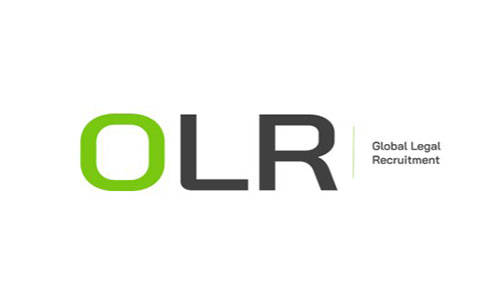
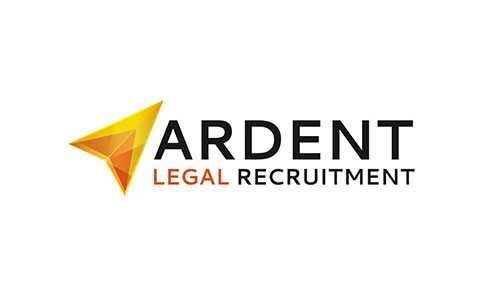
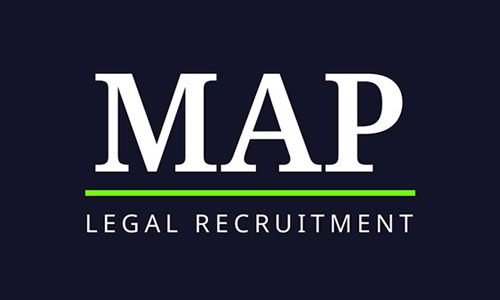

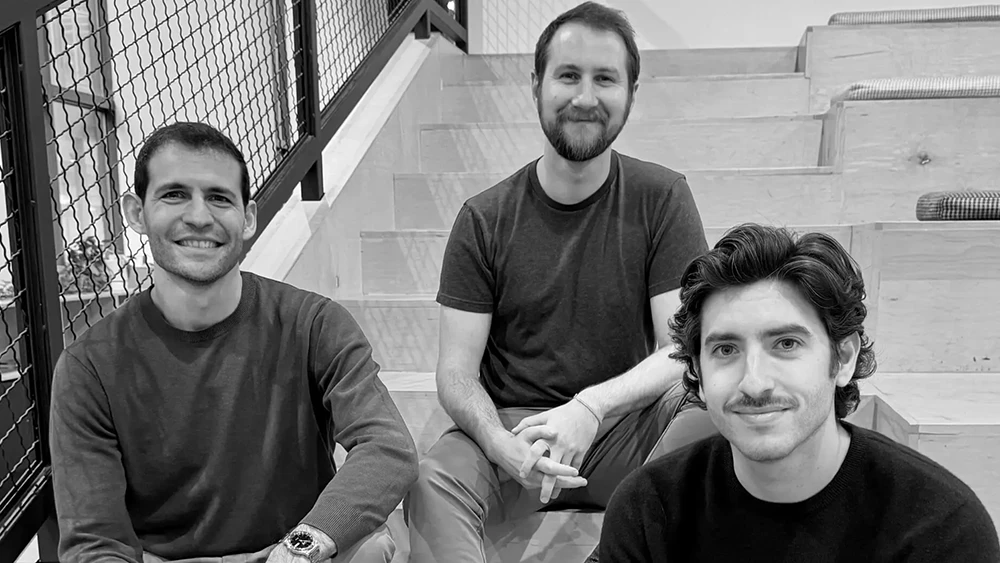
.webp)
